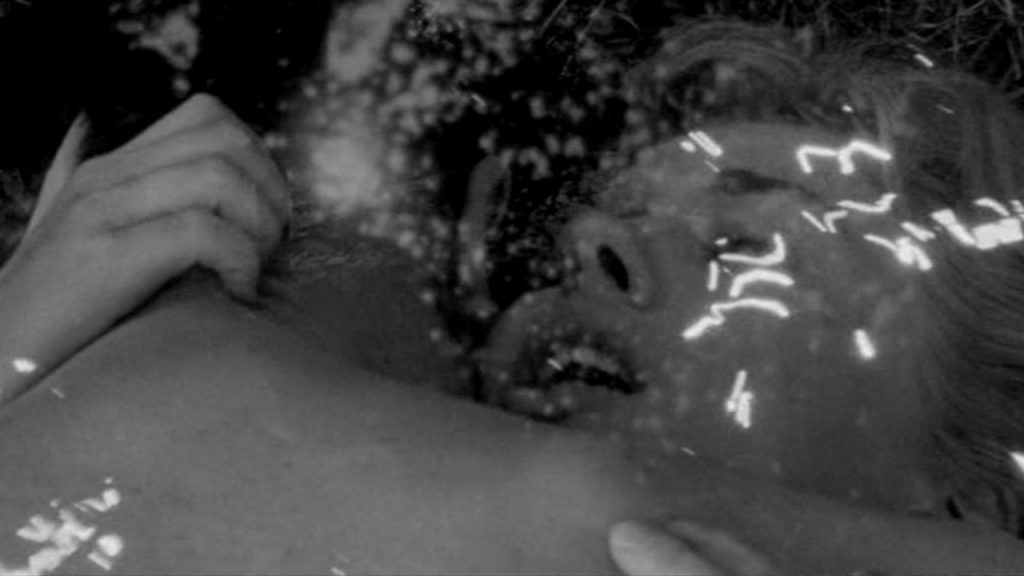Robert Rossen is best known for having written and directed All The King’s Men, Alexander The Great and The Hustler. But little is written of his final feature, the intimate and often tragic Lilith (1964). Lilith stars Jean Seberg in the title role alongside Warren Beatty as her emotionally traumatized caregiver at a mental institution (Lilith also unites Warren Beatty and Gene Hackman for the first time on screen).

In adapting J.R. Salamanca’s novel for the screen Rossen realizes that most of Lilith’s conflicts occur within the characters themselves; a series of internal psychological battles. So rather than allowing his actors to grandstand in scenes with melodramatic monologues Rossen addresses the issue in both the cinematography of the film and it’s editing. It’s important to note that very little music is used in the film. Scenes unfold in long takes with natural sound. This not only roots these scenes heavily in the audience’s own reality, but also emphasizes the behavior of the film’s characters (which is wonderfully acted by the cast). On the flipside Rossen also employs an equal number of first person perspective shots. What keeps the film from becoming stylistically lopsided is the content of both these kinds of shots remains essentially the same: long takes emphasizing behavior and/or observation.
In addition to the previous two styles discussed above, Rossen and cinematographer Eugen Schufftan have constructed shots with an aesthetic air of fantasy reminiscent of Jean Cocteau’s Beauty And The Beast. Used sparingly in scenes of trauma (Jean Seberg’s sex scene, Warren Beatty lost in the reeds and the film’s climax), these shots attain a significance of empowered revelation through which the allegory of image presents the psychology of Warren Beatty’s Vincent clearly to the audience. With the exception of Sam Fuller’s The Naked Kiss (released that same year), Lilith is one of the few American films of the early sixties to reinvent the filmic vernacular of Cocteau for mainstream socially conscious movie making.
What Lilith represents more than anything else is the beginning of the return to personal filmmaking in Hollywood. Unlike Rossen’s semi-autobiographical film The Hustler, Lilith deals in raw emotions and the ramifications these emotions and their accompanying histories have upon the characters and the people in their lives. If The Hustler were the embodiment of Rossen the man, Lilith is the embodiment of his heart and soul. That Rossen made Lilith so late in his career speaks to both his reluctance to probe such subject matter as it does to Hollywood’s inability to cede complete control of a production to just one man.
